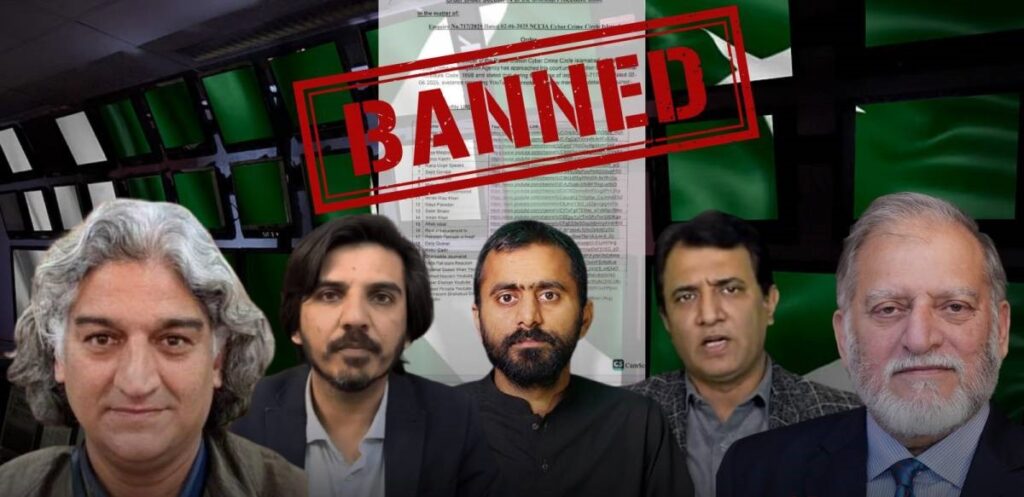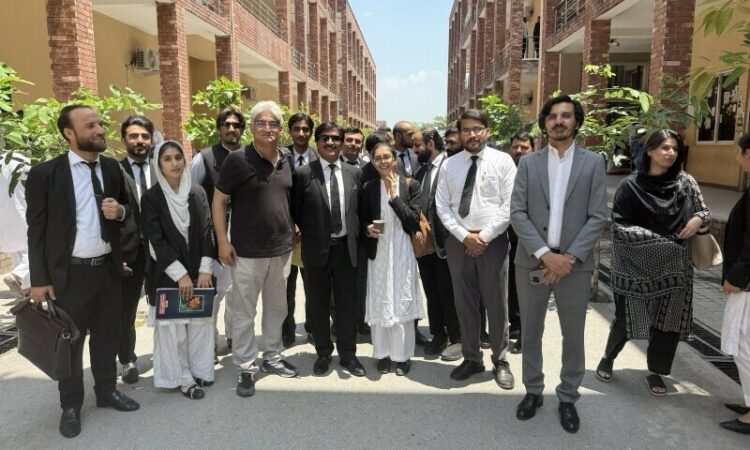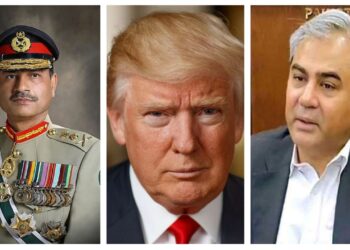ISLAMABAD: An Islamabad court has suspended the ban on 27 YouTube channels, admitting petitions by journalists Matiullah Jan and Asad Toor, and citing violations of due process.
An Islamabad district and sessions court on Friday admitted two revision petitions filed by journalists Matiullah Jan and Asad Ali Toor, challenging a judicial magistrate’s earlier order that directed the blocking of 27 YouTube channels for allegedly spreading “fake, misleading, and defamatory” content against the government and military. The court also suspended the ban in the case of these two petitioners.
The original ban affected channels run by journalists, political commentators, and social media influencers both within Pakistan and abroad. Earlier this week, Minister of State for Interior Talal Chaudhry had warned that criminal proceedings would be initiated against the owners of these channels.
Hearing the revision appeals, Additional District and Sessions Judge Muhammad Afzal Majoka issued brief written orders on Friday, admitting the petitions for regular hearing and suspending the ban on the channels run by Jan and Toor.

The orders, copies of which were seen by media persons, noted that the petitioners were not given prior notice, arguing this violated their right to a fair hearing under Article 10-A of the Constitution.
The court also issued notices to the National Cyber Crime Investigation Agency (NCCIA), directing it to submit a response by the next hearing on July 21.
Reacting to the development, Matiullah Jan posted on X that YouTube was now being asked to halt the closure of the affected channels. Asad Toor termed it “a big victory,” thanking his legal team.
Their counsel, human rights lawyer Imaan Zainab Mazari-Hazir, said that the order currently only applies to her two clients, though others could seek similar relief by filing revision petitions. Speaking to journalists, she argued that the magistrate’s order lacked legal foundation, was issued without hearing the defence, and was beyond the court’s jurisdiction.
The ban has faced sharp criticism from legal and digital rights groups. The Forum for Digital Rights and Democracy (FDRD) and the Supreme Court Bar Association (SCBA) denounced it as a “blatant violation” of fundamental rights and an attack on press freedom.
The Human Rights Commission of Pakistan (HRCP) also raised concerns, saying that blocking entire channels rather than targeting specific unlawful content wrongly equated dissent with criminal conduct. The HRCP stressed that freedom of expression is essential for individual liberty, government accountability, and the public’s right to diverse viewpoints.


























